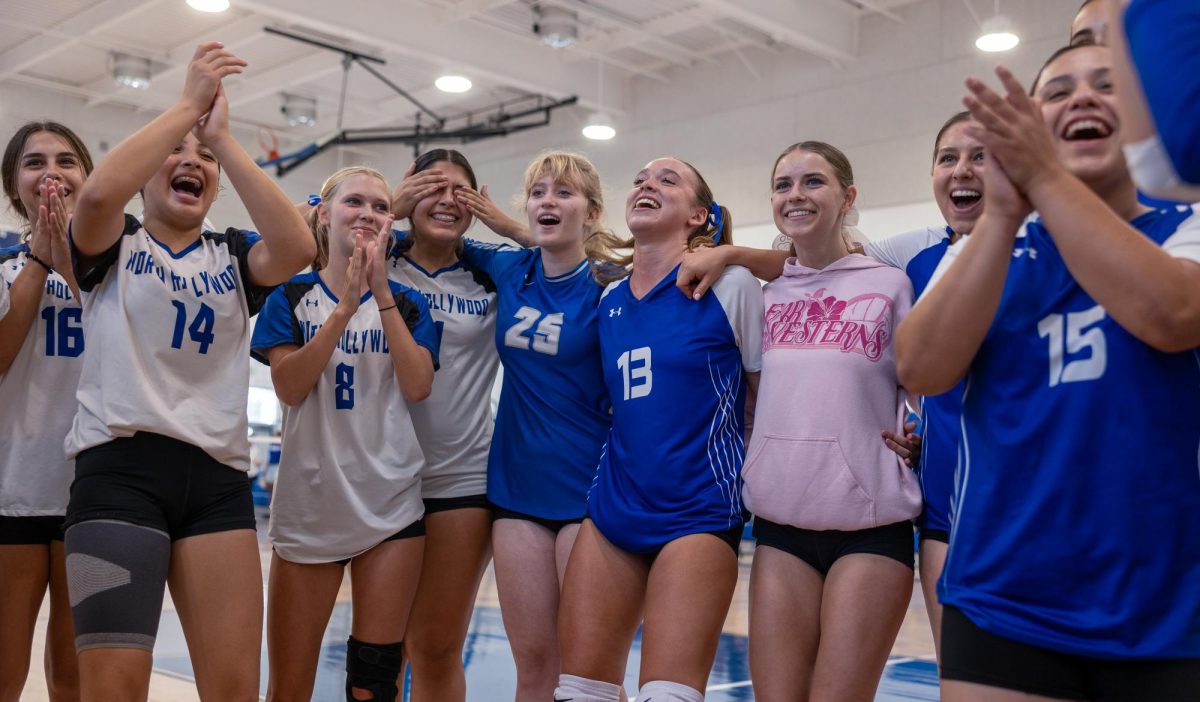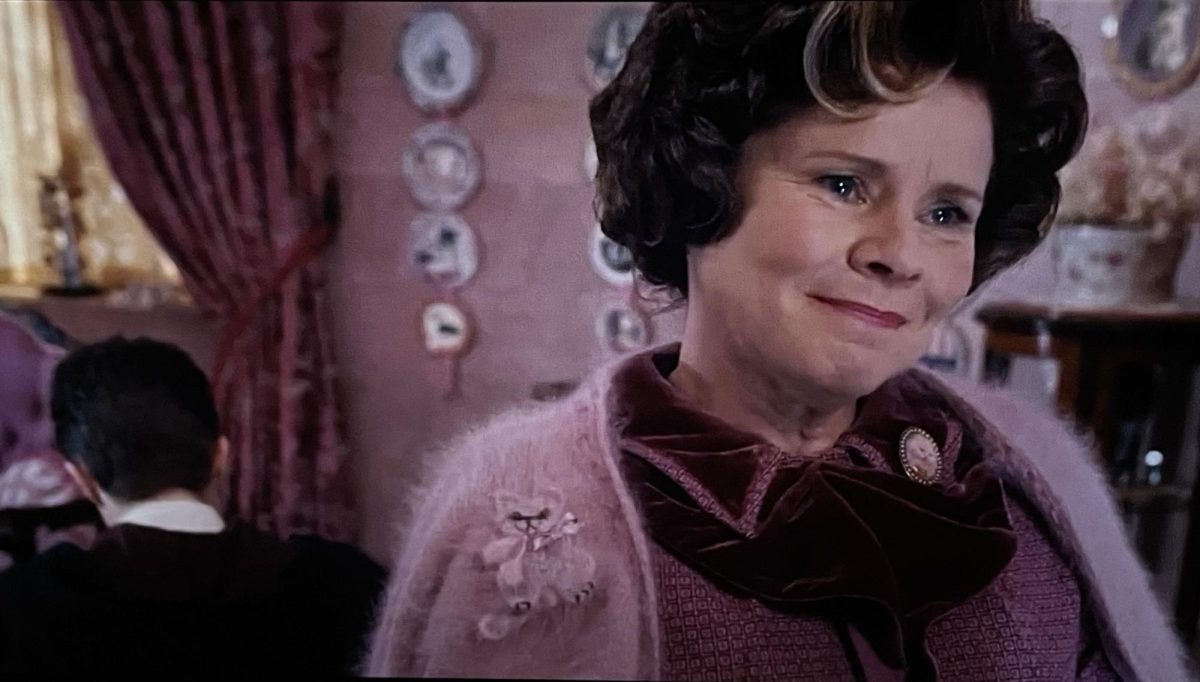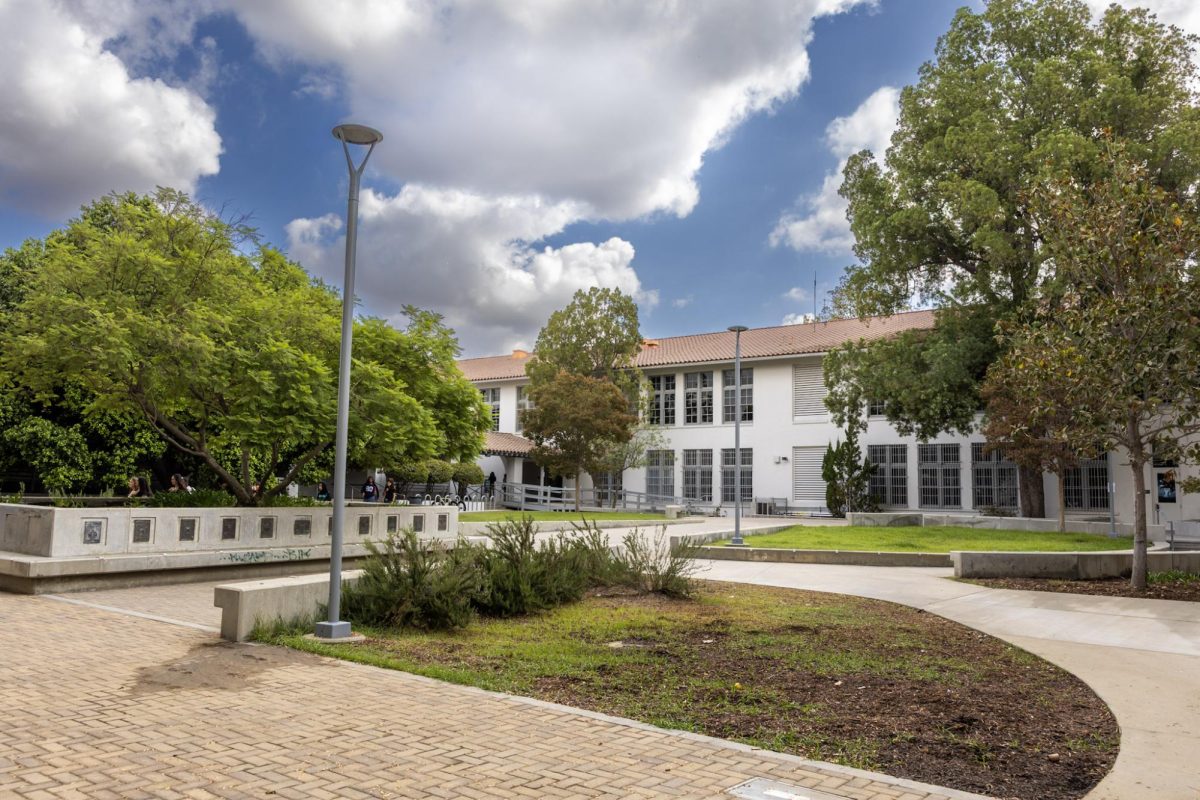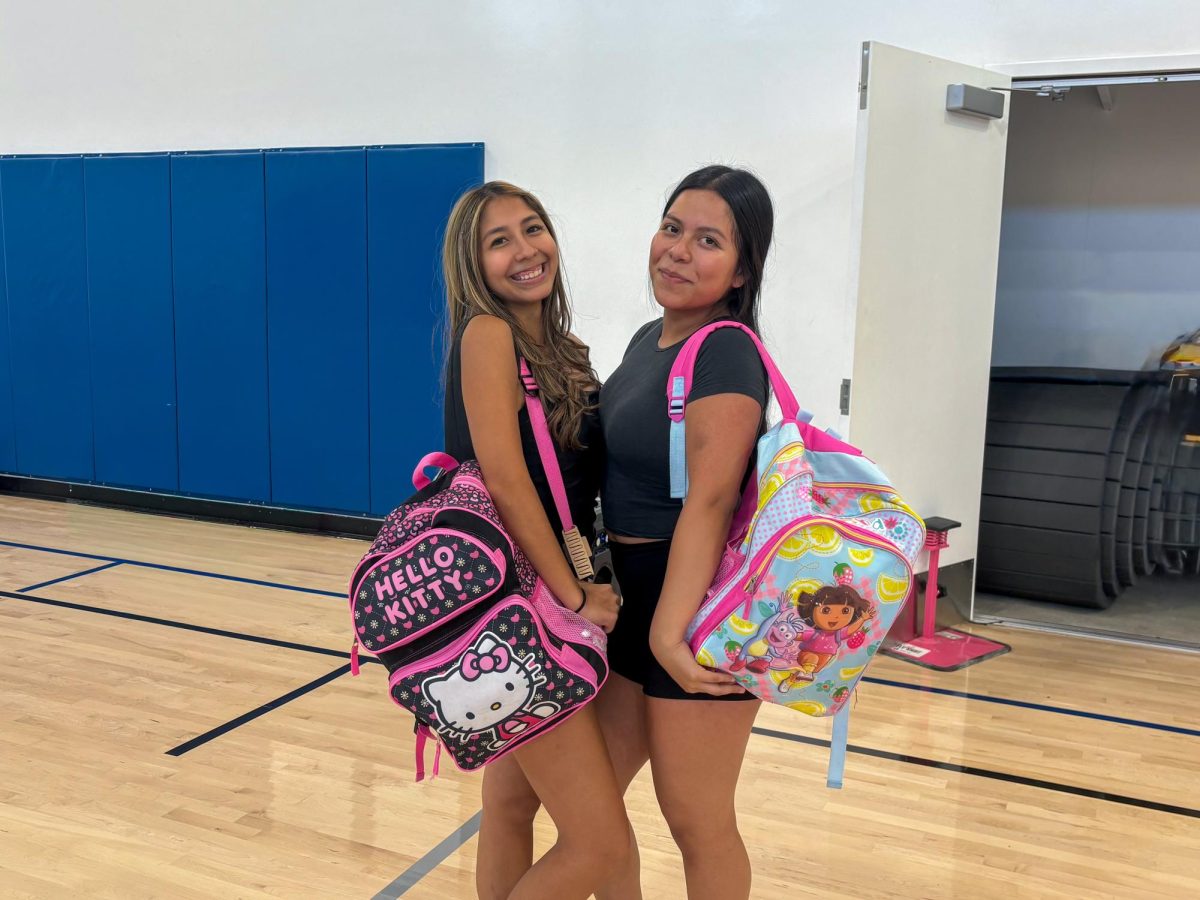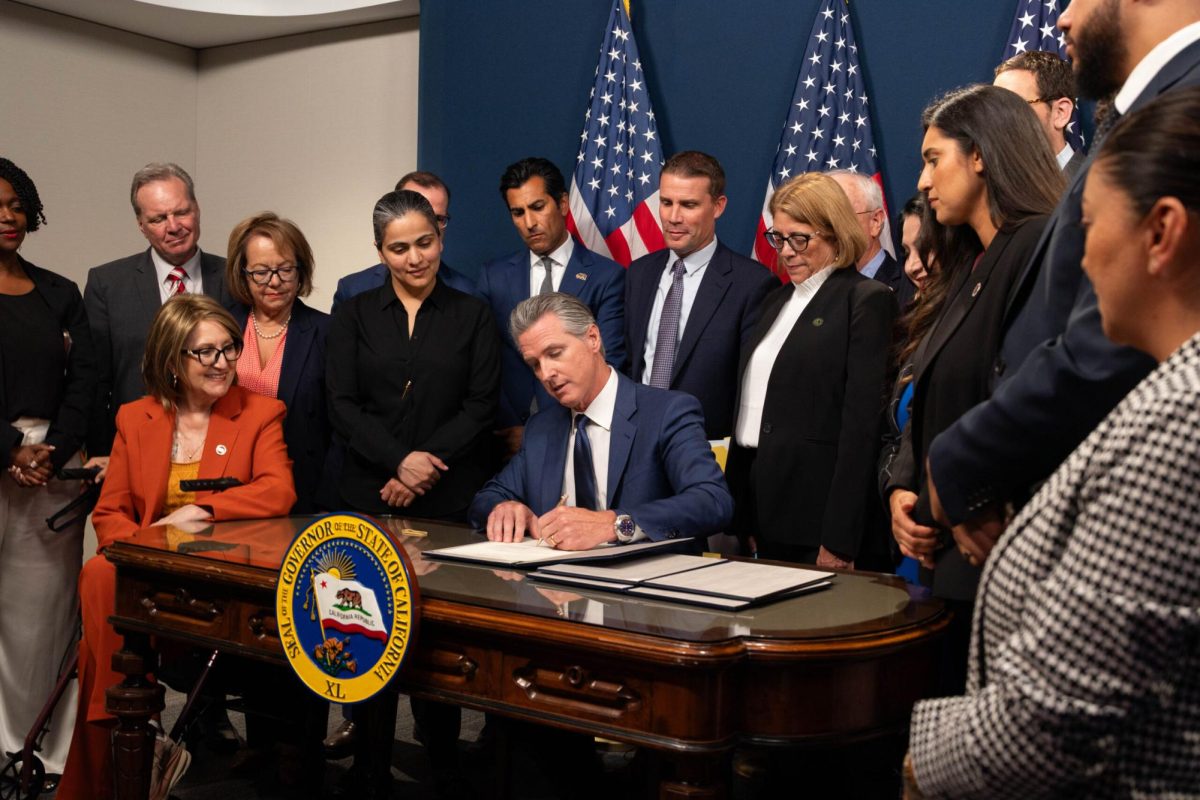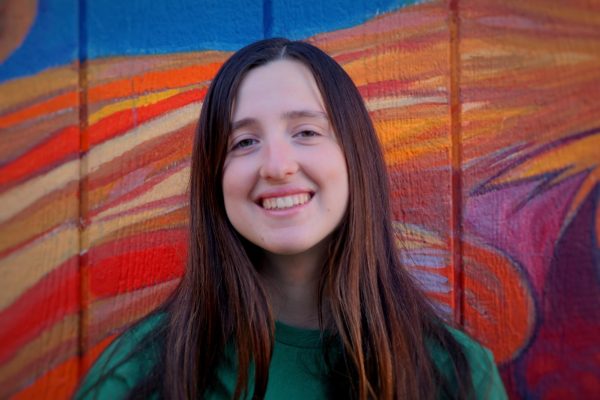COVID-19 is not a new phenomenon. 2020 marked a global shift as millions of people got sick, and over the last three years, we have adjusted to a completely changed society. The distribution of vaccines and the development of treatments for symptoms have turned the tide against the virus, and the pandemic was officially declared over on May 11, 2023. But COVID is still around, and a recent local surge heralds the arrival of flu season. Huskies have been in and out of school with the virus, so the question at hand is really, how seriously should we be taking this surge?
Michael Pool-Brooks, a junior at NHHS, described his recent experience with COVID, saying “My friend had also tested positive the day before and I had been with him all throughout the day, so I was basically just waiting to test positive.”
Ruby McCrackin, a senior, also appeared unsurprised at having contracted the virus, saying, “I wasn’t surprised I tested positive because I knew so many people that had it and I was feeling some symptoms, but I was trying really hard not to get it, so I was pretty upset especially because there’s so much going on in my senior year.”
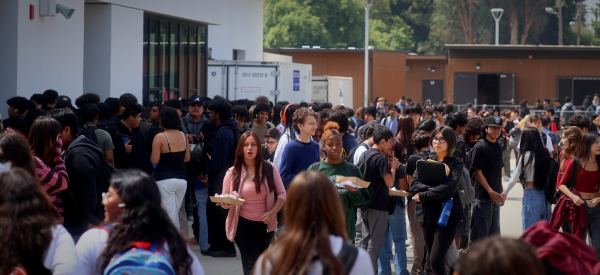
According to state data, the cases of the most recent variants have been climbing upwards since July. Although this process of new variants developing constantly is reminiscent of the flu, Huskies agree that it shouldn’t be treated so casually.
McCrackin says, “I’ve experienced adults I’m in contact with that have kids say it’s the same as a common cold, which is a bit concerning especially because it’s obviously still a problem.”
Pool-Brooks adds, “I think people do treat it a little too casually, even though the pandemic is ‘over.’ You can still get your friends sick and being sick yourself is never a good time, so the new surge should be taken seriously or at least talked about more!”
Ms Stephanie Rojas, a teacher here at NHHS, describes how being cautious about COVID is normal for her as she recounts her recent hospitalization with COVID: “It was my first time getting COVID. Because I have lupus and I’m immunocompromised, I never had COVID before because I always mask and everything.”
“It was horrible. I don’t wish it upon anybody…it was really bad. I had a fever of 102° for like three or four days, because of my immune system. My lupus affects my joints, and so for the first week, I couldn’t walk. I needed assistance to use the restroom, I needed help lifting my head to be able to eat,” she says.
As casual or normalized as COVID is now, immunocompromised people and people with pre-existing conditions are still at risk. “My mother got stuck in Colombia, so I didn’t get to see her for a whole year until they finally opened up and it was safe for her to travel – because she also has some health issues, like high blood pressure, that could really affect her,” Ms Rojas says.
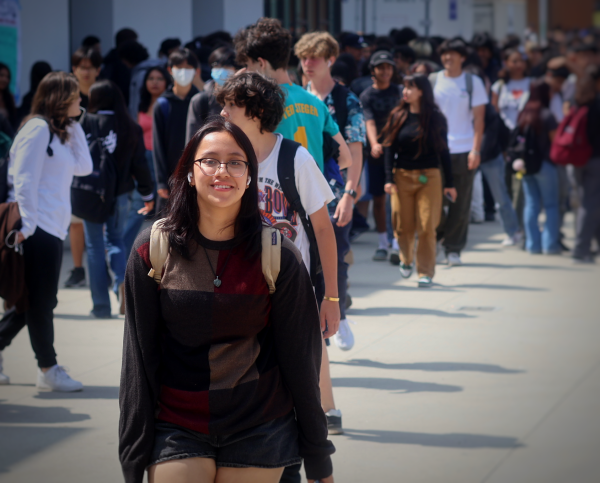
Masking has been a controversial issue in the past, but Huskies agree that although it is a personal choice, students should be responsible.
Ms Rojas says, “I mean it just depends, it’s people’s choices, however like – you do see in other societies, like Asian societies, like in Tokyo, it’s seen as a common courtesy when you know you are sick to prevent the spread of sickness, they do mask up – even before COVID, even before all of this occured, so it’s like – if you know you’re sick, and you have a fever or something, or you’re contagious, maybe take extra precautions. Like don’t sneeze without covering your mouth and whatnot so like being more precautious if you know you’re having symptoms, but again, everybody’s personal choice.”
McCrackin summarizes, saying “I think we should probably find some middle ground.”


